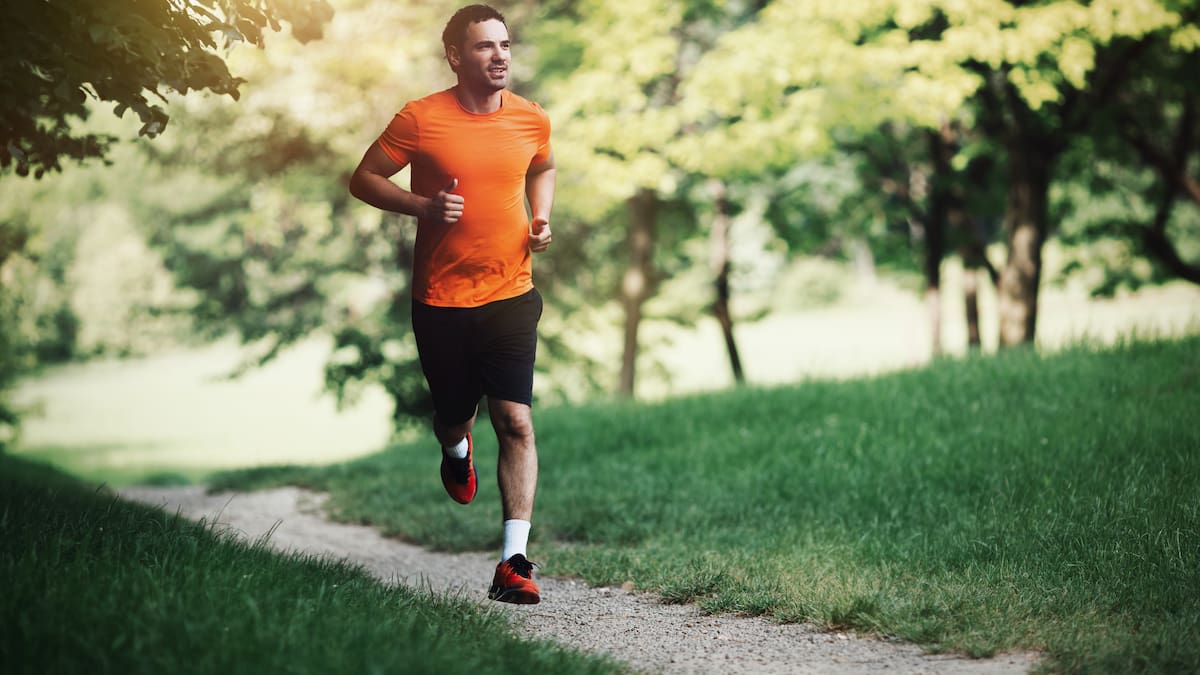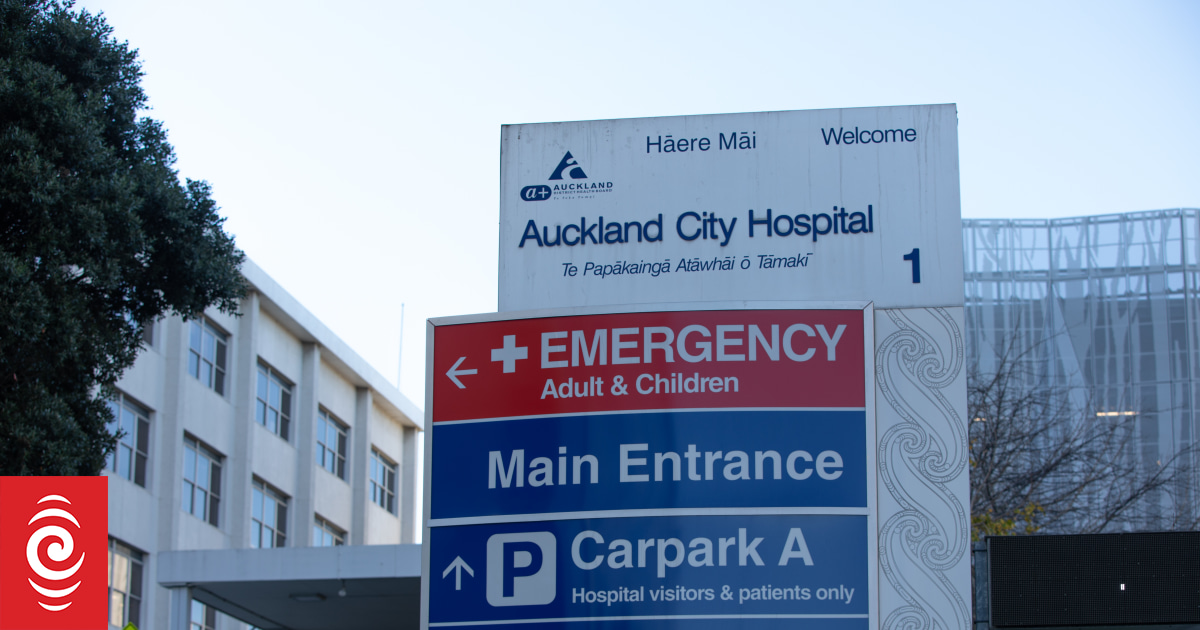Depression is a mood disorder that affects how we feel, think and behave. It can lead to a variety of emotional and physical issues, causing persistent feelings of sadness and loss of interest in life. As one of the world’s most common health conditions, it is a leading global disability and the second largest killer after heart disease. It is estimated that 1 in 3 women and 1 in 5 men experience an episode of depression by the time they reach 65.
Depressed people can be hard to spot. They don’t necessarily cry easily, nor do they walk around with a permanent frown or long face. However, the damage going on inside continues ticking away until their interest in life begins fading away with symptoms of depression filling the void.
Some of the more obvious symptoms include eating and sleeping too much or too little and lack of energy and feeling numb like nothing matters. Confusion, forgetfulness, being on edge or upset, anger, worry and feeling scared with thoughts of self-harm are all negative patterns resulting from a depressed state.
The one thing that is empowered to change us permanently – emotionally, mentally and physically – is activity/movement because humans were created to move. Our bodies were never designed for the sleep-deprived, poorly nourished, under-exercised, frenzied pace of the 21st century.
Living a sedentary lifestyle, one void of proper movement/exercise has proven to be a quick ticket to the grave. Thankfully, informed people are getting smarter and putting two and two together – linking the importance of physical activity and mental health.
According to Dr Ben Singh, leading author of one study on sedentary lifestyles, activity is 1.5 times more effective at reducing symptoms of depression, psychological stress and anxiety than medication or cognitive behaviour therapy.
He states, “While the value of physical activity for people with depression and anxiety is widely recognised, it is not considered for managing such conditions as often as the study asserts it should be. Physical activity must be prioritised to better manage the growing cases of mental health conditions.”
The truth is exercise is the most potent and underutilised antidepressant, offering both short-term and long-term benefits that positively impact our mental health, without any accompanying negative side effects.
In the short-term, endorphins and dopamine are released in the brain immediately after exercising. Both hormones help boost mood and buffer stress. In the long term the release of neurotransmitters in the brain in response to exercise help increase mood and cognition while decreasing inflammation and boosting immune function.
Endorphin levels, our feel-good hormones, see a whopping increase of more than 60% after exercising, leaving us feeling rejuvenated and even euphoric, helping to keep our minds trouble free.
Exercise has been routinely known to provide important benefits such as increasing cardiovascular (heart/lung) health, lowering blood pressure, keeping bones strong, and improving muscle tone and strength. Body fat gets reduced while energy gets a boost. But the benefits of exercise don’t stop at the physical level. \
Exercise offers psychological benefits as well such as increased self-esteem and a sense of accomplishment. It lifts moods, reduces anxiety levels, increases the ability to handle stress and improves sleep patterns. And let’s face it, a good night’s sleep goes a long way towards a successful day.
In the end, we are one person, whose bodily systems of body, mind and emotions operate as one. What affects one area will also impact another.
Science has proven that there is an incredible connection between our physical actions and our mental health and “what we do in the way of physical activity does have a significant impact on how we feel”.
Why not take advantage of the incredible health benefits that exercise offers and get your body moving? It is one of the most effective, healthiest, least disruptive and cheapest ways of managing mental health disorders while providing a wealth of physical benefits along the way and everyone, no matter what age or current health condition can benefit.




